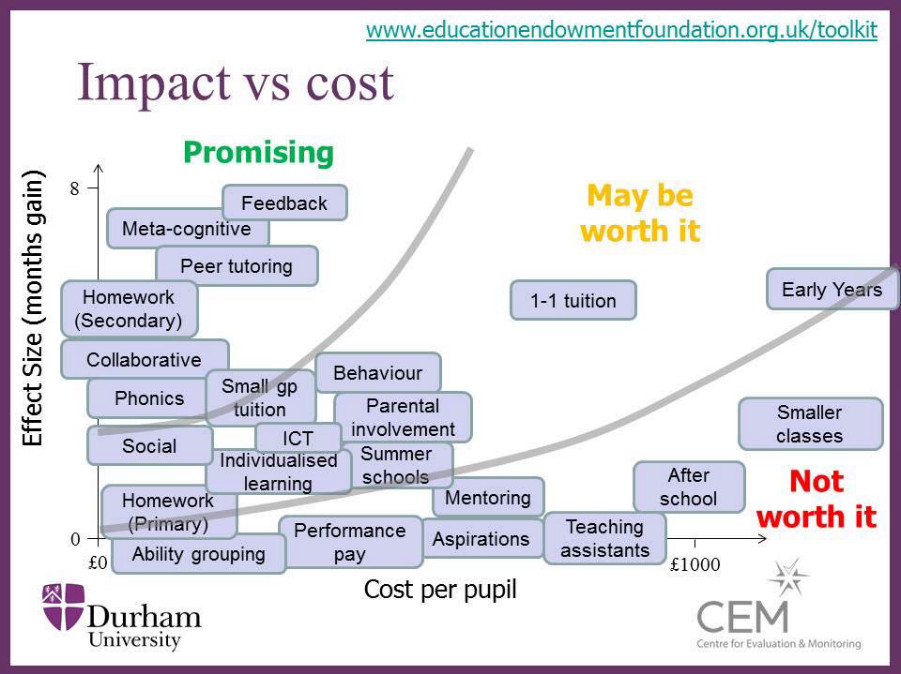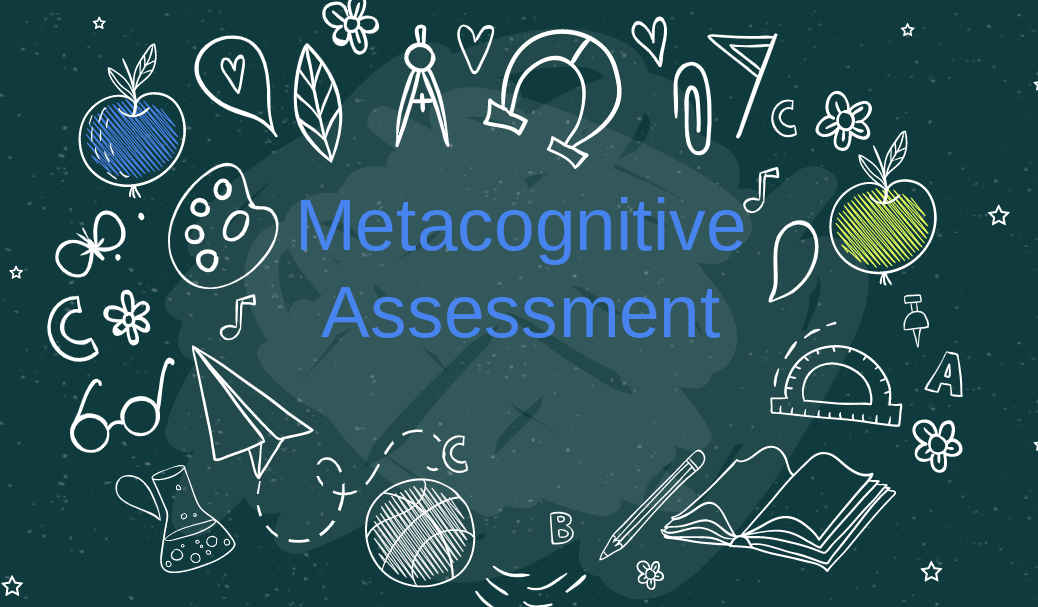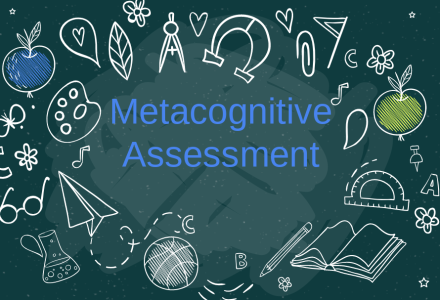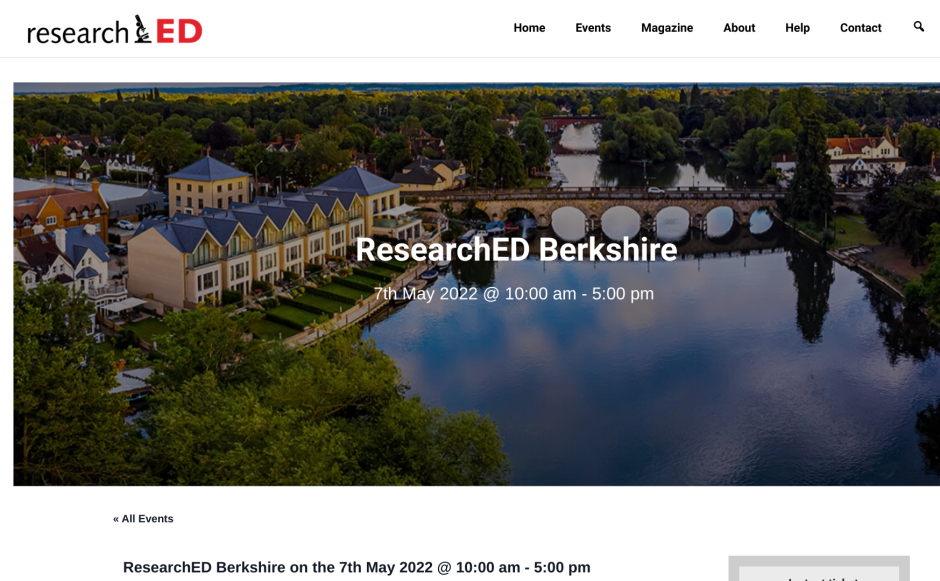End of year assessments – What to do before. What to do after. To get more learning from ‘End of Year Assessments.’
Under the umbrella of a twin-track school ethos of “happy and successful” and “growth and excellence” (pupils and staff) we deliver ‘End of year assessments’ much like any other school.
Before
When and what to assess: Staff workload, Year 11 examination commitments, wider school calendaring. Assessment venue, papers, mark schemes and moderation expectations. Assessment data collection and communication to pupils and parents. We have reaffirmed with parents and pupils the purpose of assessments, as an “integral part of learning” and to “inform teachers teaching.” Correct their beliefs of the purpose of assessments so that you get a great commitment from them.
After
Assessment data collection and communication to pupils and parents. How assessment may be used for learning – metacognitively (“happy and successful” and “growth and excellence”).

To support and extend our staff’s thinking on how they may utilise metacognitive assessment practice and the time they will invest in marking these assessments, we reminded them of our Whole Class Feedback policy, reminded them of the power of pupils assessing work and their use of mark schemes for learning. We showcased one idea for department moderation (Comparative Assessment) and two ideas from Paul Spenceley’s interview with Ollie Lovell on the ERRR podcast that draws on the pupils metacognitive abilities.
Comparative Assessment

I could spend time explaining, or you could try it.
Teachers compare several pieces of work. Following repeated comparisons, the responses placed on a scale of relative quality. It is as reliable as double marking, but much quicker.
In my experience, it is a great way to order or moderate multi-teacher assessed ‘End of Year Assessments.’
Concurrent Metacognitive (self-reflection) 1h18:40
Broadly speaking, metacognition is our beliefs about learning, monitoring one’s own learning (adjusting accordingly) and the decisions about when, what, why, and how to study. Here we are using assessment marking as a metacognitive monitoring, evaluative process.
This could not be simpler. During (concurrent) or at the end of the assessment, Paul asks his pupils forecast their performance on each individual question. Paul talks about this task being competed at the end of the assessment, a retrospective judgement. It is worth noting that concurrent judgements (in the moment) are even more accurate.
When marking, add a code.
- M – Maths/Graphs or Marks per min
- A – Application of knowledge
- R – not-Reading the question (Circle the command word, underline the keyword.)
- C – Clarity (subject specific vocab / drop it)
- K – Knowledge
- S – Statement per mark
I have added “Mark per min” for none maths/science subjects and “Circle the command word, underline the keyword.”
Hopefully that’s food for metacognitive thought around assessment. It is so important and potentially impactful, I extended this introduction and wrote a post dedicated to it: ‘Get even more from End of Year Assessments.‘
“Both the teacher and students can find out so much information. It is absolutely astonishing.”
ERRR #064 Paul Spenceley on Formative Assessment



